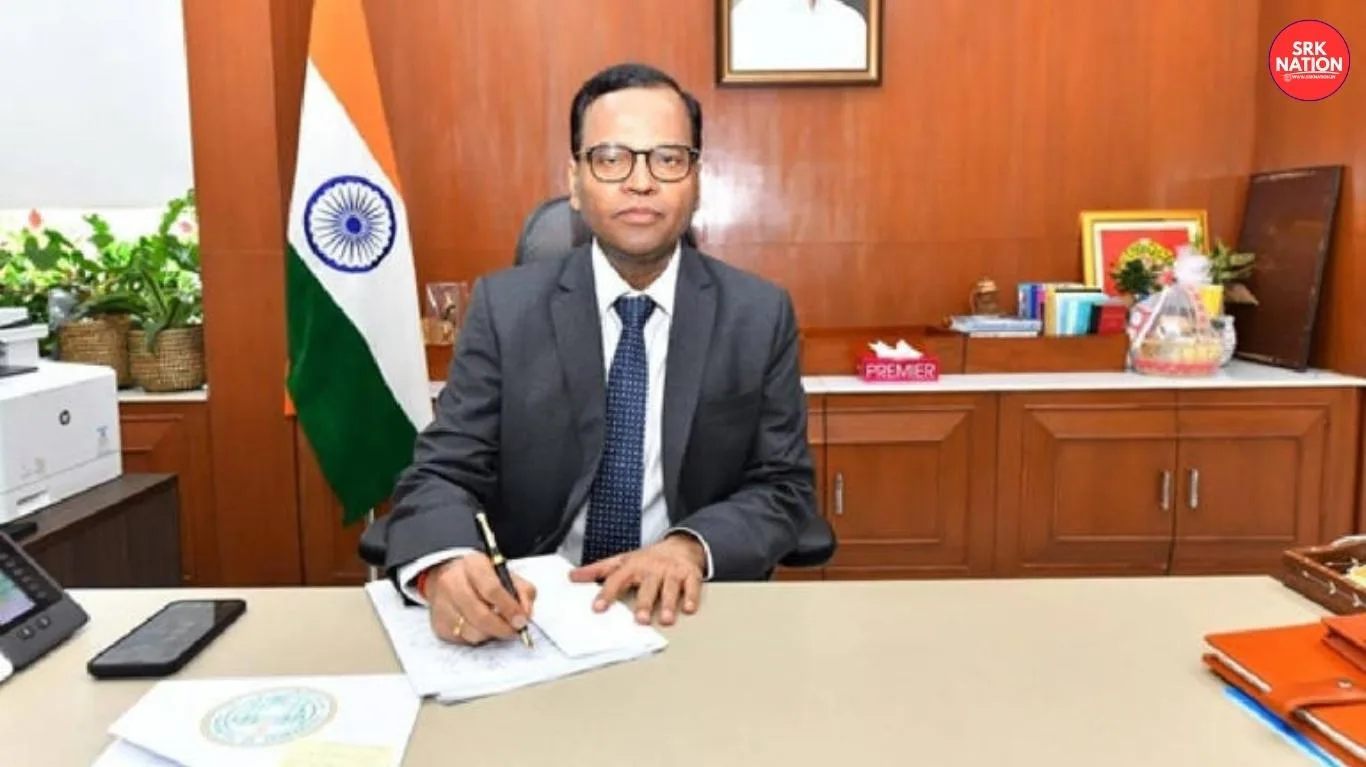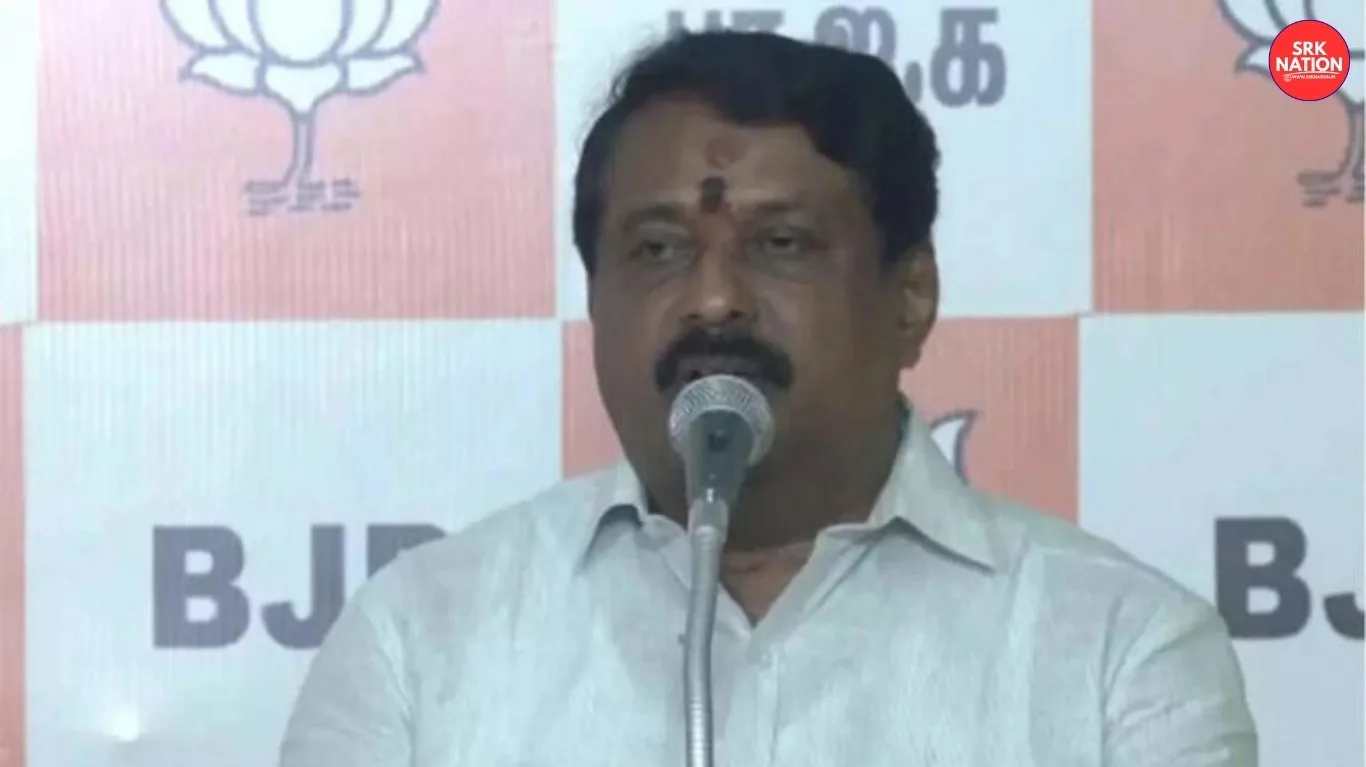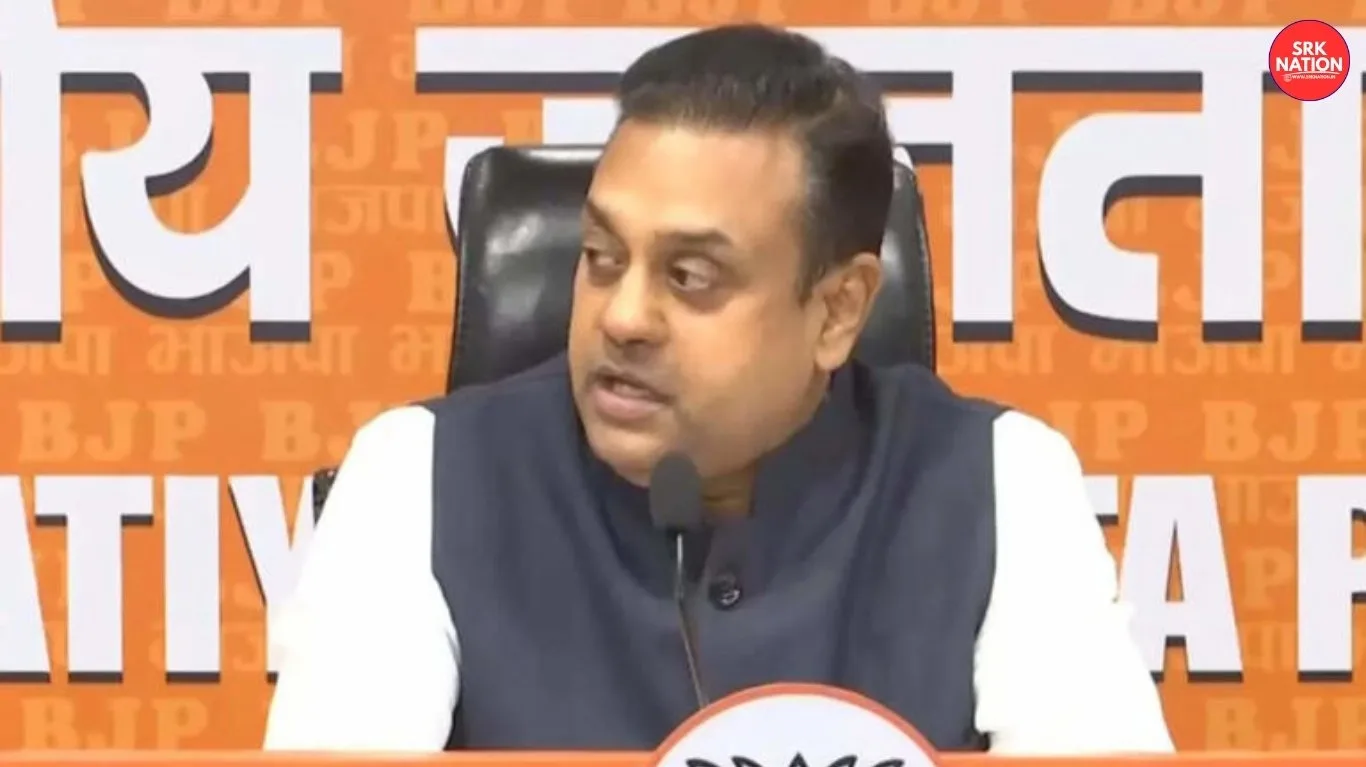The Enforcement Directorate (ED) has made startling revelations in its ongoing investigation into Al Falah University chairman Jawed Siddiqui, claiming that he had enough “incentives” to flee India amid mounting scrutiny over alleged financial irregularities. The case has quickly become a focal point in discussions about corporate governance, regulatory oversight, and the challenges of preventing high-profile individuals from evading justice.
According to ED officials, Siddiqui’s financial dealings, overseas connections, and alleged misuse of institutional funds provided him with both the means and motive to escape the country. The agency’s statement has intensified public debate, with critics demanding stricter enforcement mechanisms to prevent such incidents, while supporters of Siddiqui argue that due process must be followed before drawing conclusions.
📊 Key Highlights
- ED Allegations: Jawed Siddiqui had sufficient financial “incentives” to flee India.
- Institutional Scrutiny: Al Falah University under investigation for alleged irregularities.
- Public Debate: Raises questions about corporate accountability and regulatory enforcement.
- Legal Action: ED pursuing charges under money laundering and financial misconduct laws.
- Future Outlook: Case could set precedent for handling similar corporate investigations.
🔎 Background of the Case
Al Falah University, based in Haryana, has been under the scanner for alleged irregularities in its financial operations.
- Chairman’s Role: Jawed Siddiqui, as chairman, is accused of misusing funds and engaging in questionable transactions.
- ED Investigation: The Enforcement Directorate launched a probe under the Prevention of Money Laundering Act (PMLA).
- Flight Risk: ED claims Siddiqui had both the resources and motive to flee India.
- Public Concern: Parents, students, and stakeholders worry about the credibility of the institution.
📉 Comparative Snapshot of High-Profile Flight Risks in India
| Year | Individual | Sector | Allegation | Outcome |
|---|---|---|---|---|
| 2018 | Vijay Mallya | Aviation/Finance | Bank loan defaults | Fled to UK, extradition pending |
| 2019 | Nirav Modi | Diamond Trade | PNB scam | Arrested in UK, extradition ongoing |
| 2020 | Mehul Choksi | Jewellery | Fraud, money laundering | Fled to Antigua, legal battle continues |
| 2025 | Jawed Siddiqui | Education/Finance | Alleged misuse of funds | ED claims incentives to flee India |
🔄 ED’s Allegations vs Siddiqui’s Defense
| Factor | ED’s Allegations | Siddiqui’s Defense |
|---|---|---|
| Financial Incentives | Had resources to flee India | Denies wrongdoing, insists funds used for institutional growth |
| Overseas Links | Maintained connections abroad | Claims international ties were academic collaborations |
| Misuse of Funds | Alleged diversion of university finances | Asserts transparency in financial operations |
| Flight Risk | Enough motive to escape scrutiny | Argues commitment to due process in India |
🚀 Impact of the Case
The controversy surrounding Jawed Siddiqui and Al Falah University has far-reaching implications:
- Educational Sector: Raises concerns about governance in private universities.
- Regulatory Oversight: Highlights need for stricter monitoring of financial operations in educational institutions.
- Public Trust: Erodes confidence among students and parents in institutional credibility.
- Legal Precedent: Case could shape future enforcement strategies against corporate misconduct.
💬 Expert Commentary
Legal and financial experts have weighed in on the case:
- “The ED’s claim that Siddiqui had incentives to flee India reflects the seriousness of the allegations,” said a financial analyst.
- “Educational institutions must be held to the same standards of accountability as corporate entities,” noted a legal expert.
- “This case could redefine how regulators approach private universities in India,” added a policy commentator.
🌍 Broader Context
The Siddiqui case must be seen in the larger context of India’s fight against financial misconduct:
- Corporate Accountability: India has witnessed several high-profile cases of individuals fleeing abroad to evade justice.
- Educational Governance: Private universities often face scrutiny over transparency and financial management.
- Global Parallels: Similar cases worldwide highlight challenges in preventing financial fugitives.
- Policy Push: Government initiatives aim to strengthen enforcement and extradition mechanisms.
📊 Public Sentiment Analysis
| Group | Reaction |
|---|---|
| Students | Concerned about credibility of degrees from Al Falah University |
| Parents | Demand transparency and accountability from the institution |
| Regulators | Intensify scrutiny of private universities |
| General Public | Debate over enforcement gaps and corporate governance |
📊 Key Issues Identified in the Siddiqui Case
| Issue | Description |
|---|---|
| Financial Misconduct | Alleged misuse of university funds |
| Flight Risk | ED claims Siddiqui had incentives to flee India |
| Governance Gap | Questions about accountability in private universities |
| Regulatory Oversight | Need for stricter monitoring of educational institutions |
| Public Trust | Erosion of confidence among stakeholders |
📝 Conclusion
The revelation by the Enforcement Directorate that Al Falah University chairman Jawed Siddiqui had enough “incentives” to flee India has intensified scrutiny of private educational institutions and their governance practices. While Siddiqui denies wrongdoing, the allegations highlight systemic issues in financial oversight and accountability.
For India, the case underscores the urgent need to strengthen enforcement mechanisms, ensure transparency in private universities, and prevent individuals with resources from evading justice. As the investigation unfolds, the outcome will not only determine Siddiqui’s fate but also set a precedent for how similar cases are handled in the future.
⚠️ Disclaimer
This article is for informational purposes only and is based on publicly available legal and financial updates. It does not constitute legal advice. Readers are encouraged to follow official communications from enforcement agencies and judicial authorities for the latest updates.











